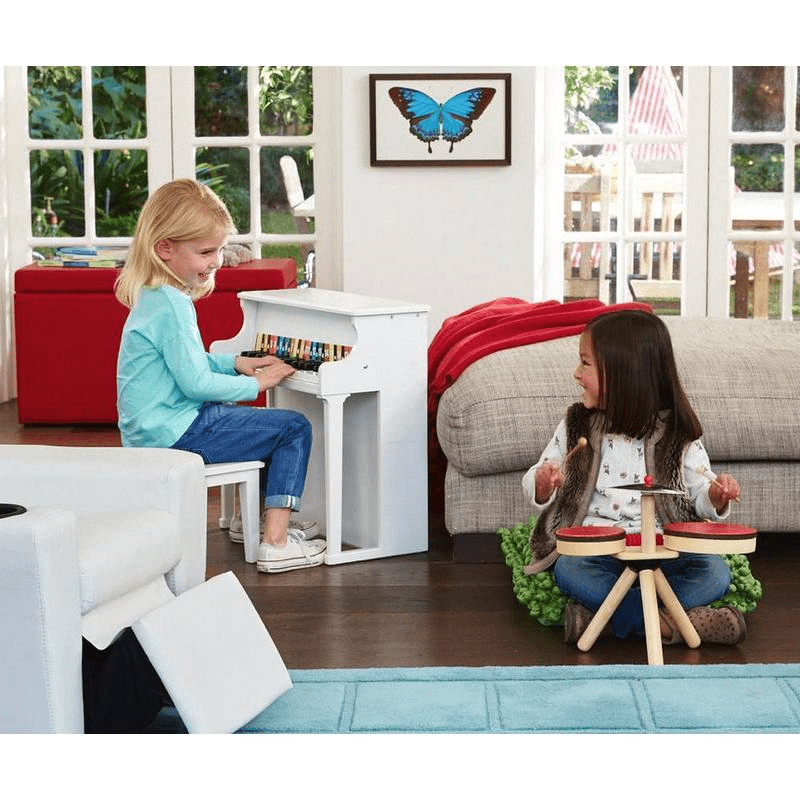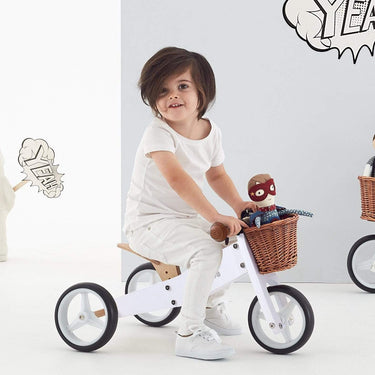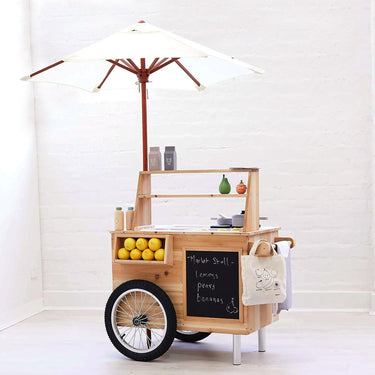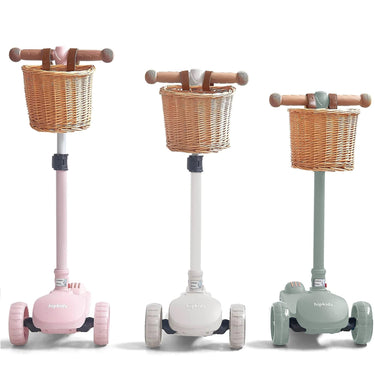It’s likely that some of your fondest memories growing up are connected to play. Whether it’s exploring a friend’s backyard for the first time, card games with the family, an impromptu game of dress ups, kicking the ball around or learning arts and crafts, our early histories are defined by the way we play.
We’ve taken a look at why play is essential for children of all ages, and have suggested some fun playtime activities that you can teach your children.
Structured play versus unstructured play
According to Kindy Hub ‘There’s a vast difference between being told something and experiencing it, particularly in the case of children.’ When our children play, their imaginations run wild. It’s amazing to witness the seemingly inexhaustible fountain of creativity that inspires games, challenges and general fun. Generally speaking, there are two categories of play your kids can engage in, It’s important for their to be a healthy mix of both in the life of your child.
Unstructured play
Unstructured play is when we let our children follow their own instincts. It can be social or with others. Anything from drawing, painting, playing musical instruments to imaginative games like making cubby houses from blankets and chairs, dressing up, pretending to be animals and creatures.
Unstructured play can also include elements of discovery, such as exploring the home, new rooms, the yard, nearby playgrounds etc.
Unstructured play doesn’t mean unsupervised. Parents might supervise from afar in the unstructured playtime, or be invited in as participants. However, generally the child or children will be ‘in charge’ of the direction of playtime.
Structured play
Structured play is just like it sounds, a time for kids to play at specific times and places. Generally there will be an adult or adults in charge, and they will either lead the playtime or provide rules and supervision. Structured play might tie into specific skills that children need to learn while still remaining fun.
Structured play includes:
- Swimming lessons
- Classes (dancing, drama, music, art etc)
- Group storytelling
- Card games
- Board games
- Sports, particularly those modified to suit younger children.
.png)
How often should my child play?
According to Health.act.gov.au, active play is essential for children of all ages. National guidelines recommend toddlers and preschoolers should be physically active for at least three hours a day, spread throughout the day.
Active play can be any ‘physical activity with spontaneous and occasional bursts of high energy. It can occur indoors or outdoors, alone or with friends and family.’
Building confidence and motor skills through play
Motor skills and coordination aren’t just important for budding sports stars. How we learn to use our bodies in childhood affects our health later in life. Building confidence and hand-eye coordination in your child is as simple as encouraging them through play. Here’s a few ideas for kids of different age groups:
- Newborn babies: Encourage your newborn baby with objects of different colours and shapes. Let them reach and grasp them to improve their motor skills and confidence with hands. Tummy Time is perhaps the most well known play activity for newborns, helping babies build muscle strength through activity.
- Toddlers: Toddlers can be engaged with larger objects like blow up balls, coloured items and cardboard boxes. Building and moving these objects is great for developing your toddler's motor skills.
- Preschoolers: Many preschool aged children will be excited by the prospect of throwing and kicking balls of all shapes and sizes, chasing bubbles before they pop, or playing follow the leader. For more detailed hand-eye coordination, playdough and crafts will entertain boys and girls in that age bracket.
- School age kids: Build an obstacle course in the home, backyard and garage, play hide and seek, and make your own bowling course out of recyclables for fun activities.
Social skills and language development with others
Playtime helps children develop their communication skills, both through the negotiation of play with other kids and parents, and through association of language learning with positive and joyful experiences. A child’s ability to communicate depends on their age, but there are a number of play activities you can encourage at different ages to stimulate social and language development.
- Newborn babies: Listening to the sounds you make as well as repeated noises and associations with objects can help develop social and language skills of your child at an early age.
- Toddlers: Toddlers can play together with string and chalk to make impromptu games.
- Preschoolers: Learning games played with others, from simple card games to computer apps on a touchscreen tablet, can help improve the social and language skills of your preschooler.
- School age kids: Teach them games like ‘I spy’. Memory games, scheduled playtime with other kids and creative games like a kid themed ‘charades’ are all recommended to help your child develop essential skills. Enrolling school age children in supervised classes, from drama and music to arts and sports, is another way to reinforce social skills through play.
The neurological and benefits of play
According to Early Childhood Australia, play could play a role in development of a child’s brain through ‘active exploration that assists in building and strengthening brain pathways’. As children play they build meaning and context, and learn to assess risks and develop memory skills.
This happens naturally as part of most structured and unstructured play, but there are some activities that could specifically help learning and brain development:
- Newborn babies: Songs, sounds and music can help develop your newborn’s connection with listening, language and sound.
- Toddlers: Colour and shape games are great for toddlers.
- Preschoolers: Jigsaw puzzles aimed at the preschool age bracket will put your child’s brain to work. Card games like ‘Memory’ and Go Fish are also games that get preschoolers thinking.
- School age kids: Simple house chores can be turned into fun games. Include your school aged child in food preparation like measuring out ingredient amounts for a cookie recipe. You’re not only introducing them to life skills, you’re also getting them involved in contributing to the family.
Toys play a central role in a child's development. Playing with toys allows children to create their own knowledge and play environment, stimulating their imagination, improvisation skills and overall cognitive development.
Creating positive emotions during playtime

Image: Hip Kids
Play can be method for engaging positively with our emotional well being, for both parents and children. As your kids grow, there’s a number of fun activities they can engage it to promote positive emotional wellbeing.
- Newborn babies: Listening to music and singing (go on try it!) can create positive emotions, especially when associated with gentle tapping and touching.
- Toddlers: Simple musical instruments like you xylophones and triangles can be taught to toddlers.
- Preschoolers: Encourage your child to put on a concert or dance recital. They can use their favourite music or make some of their own.
- School age kids: School age children might enjoy more structured play activities and classes that promote positivity and feelings of well being. You’ll also want to encourage school aged children to enjoy the outdoors while the sun shines. At school they will spend a lot of time indoors, so make those sunny afternoons count.
The benefits of playing outside
With the modern conveniences of television and video games, air condition, and the ever present threat of UV exposure in Australia, it’s tempting to neglect outdoor activity in favour of playing indoors.
However, safe exposure to sunlight is the best way to generate vitamin D in the body, which helps maintain bone and muscle health and produce serotonin and dopamine (neurotransmitters that help us feel happy). Kindyhub also states there are also vitamin D receptors in the brain that connect to learning memory and motor control, which are essential for young children to develop.
Exposure to the outside world can also foster awareness of space and the environment, and stimulate creativity as children engage their imaginations away from technology and the home. Take the time to find a playground or park near you, or if you’re fortunate enough to have a backyard available then make sure to spend time outside with your children as much as possible.






